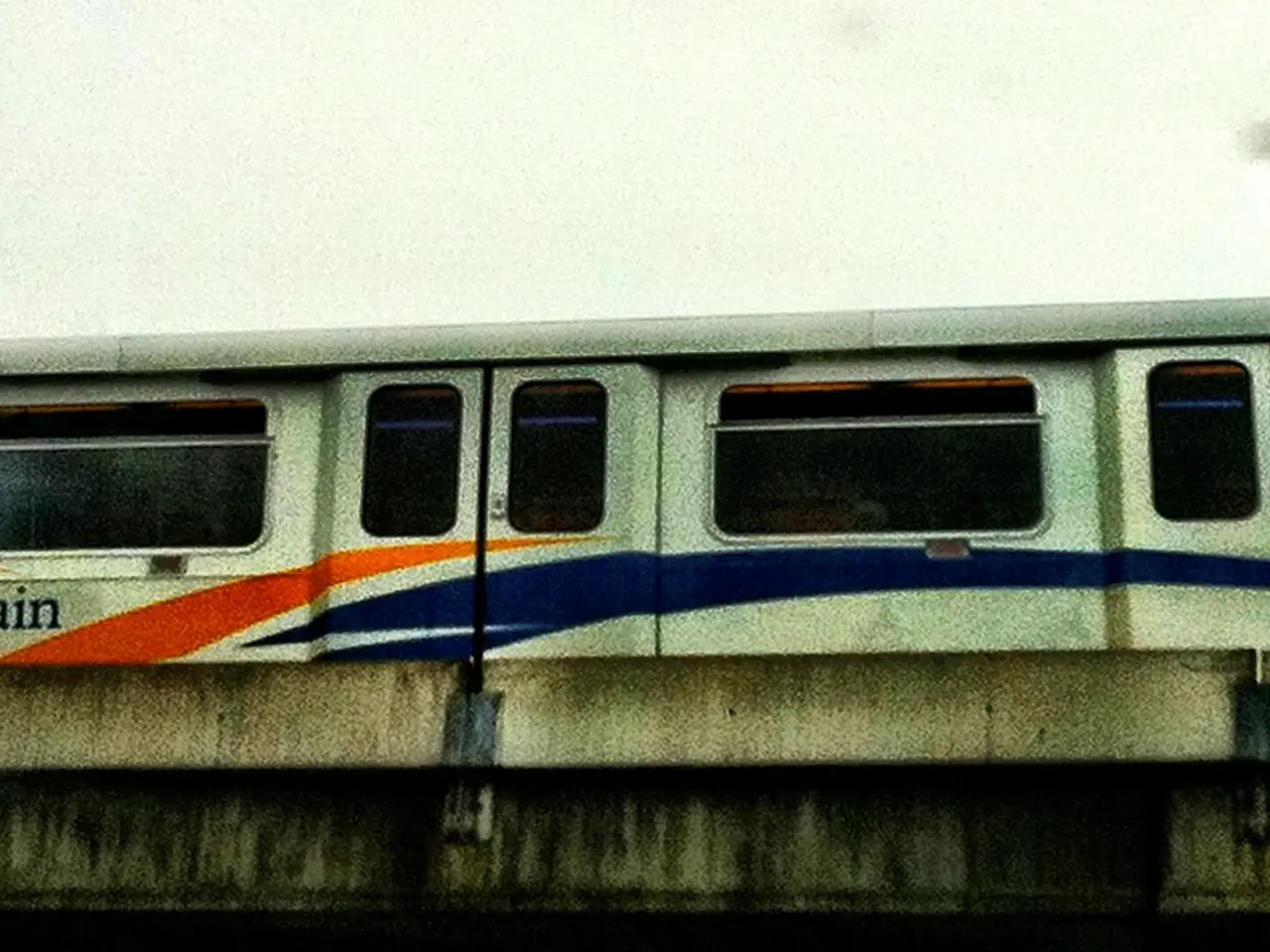Train accident in Riedlingen's region: confirmed details and unanswered questions
A passenger train derailed near Riedlingen in the Biberach district on Sunday evening, causing a significant incident that has left many affected. The accident site is approximately 45 kilometers southwest of Ulm and is on a single-track, non-electrified line.
Thirty-six people were injured, some severely, including two children aged 7 and 13. Tragically, three lives were lost: a 32-year-old train driver, a 36-year-old trainee, and a 70-year-old passenger.
Emergency services were swiftly deployed, with over 24 emergency physicians treating the injured at the scene. The severely injured were taken to hospitals in Tübingen, Freiburg, Villingen-Schwenningen, Ludwigsburg, Ehingen, Biberach, and the University of Ulm. Units of the Bavarian Red Cross provided support in the neighboring state.
Several politicians, including Baden-Württemberg's Minister President Winfried Kretschmann (Greens), Federal Transport Minister Patrick Schnieder (CDU), and Bahn CEO Richard Lutz, visited the accident site. A collection point has been set up at the Bürgerzentrum Daugendorf for affected individuals and their relatives.
The exact reason for the train derailment remains unclear, and the data recorder and geological report are still being analyzed. However, initial investigations suggest that heavy rain overflowing a drainage shaft may have played a role. A geological report has been commissioned to provide further insights into the exact cause of the accident.
The data recorder from the train has been retrieved as part of the investigation. The work to recover the derailed train parts was completed by Wednesday afternoon. The duration of the track closure and the resumption of regular train services are currently unknown.
DB Regional's subsidiary, DB Regio BW, announced that train services between Munderkingen and Herbertingen have been suspended due to the track closure. The derailed train was the regional express RE55, which was traveling from Sigmaringen to Ulm.
The investigations are unclear regarding the exact circumstances and sequence of events leading to the accident. Police are currently seeking eyewitnesses to clarify the situation and reconstruct the incident accurately. In some cases, forensic reevaluation has overturned earlier assumptions, as with the Günter Stoll case, where initial theories of a homicide were replaced by findings of a self-inflicted traffic accident after updated expert reports and DNA analysis excluded third-party involvement.
DB has set up a free special hotline for those affected by the train derailment and their relatives - call 0800/311 1111. The first lightly injured passengers were discharged from the hospital on Monday.
Studies show that heavy rain events in Western Europe have become 1.2 to 9 times more likely due to climate change. This incident underscores the need for continued efforts to adapt infrastructure to changing weather patterns and prevent similar accidents in the future.








